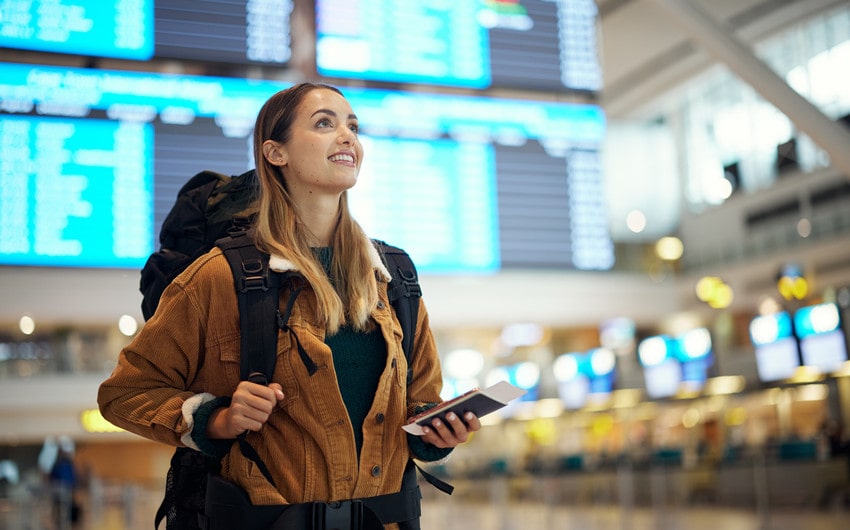When Possible, It Is Best to Always Travel With a Cell Phone
Whether you’re heading across town or across the globe, having your phone by your side can make all the difference. From navigating unfamiliar streets to staying in touch with loved ones, your phone often becomes your most trusted travel companion.
That’s why, when possible, it is best to always travel with a cell phone—not just for convenience, but for safety and peace of mind. Sure, unplugging can be refreshing, but having access to help, information, and connection when you really need it far outweighs going off the grid. Here’s why your phone deserves a spot in your travel essentials.
1. Emergency Situations and Personal Safety
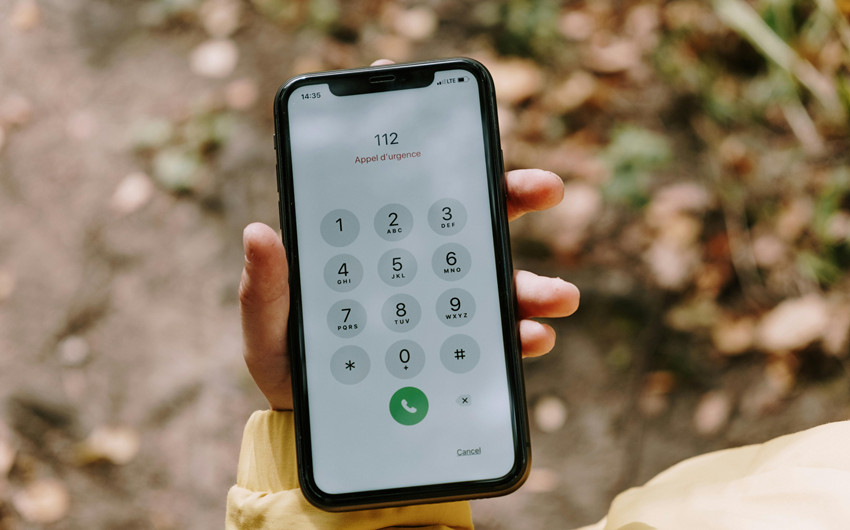
One of the most important reasons to keep your cell phone with you while traveling is the potential for emergencies. Whether you’re driving in a remote area, walking through an unfamiliar city, or navigating public transportation in a different country, unexpected situations can arise without warning. Having a phone on hand can be the difference between getting help quickly and being stranded.
In the event of a car accident, sudden illness, or security threat, being able to dial emergency services immediately—whether it’s 911 in the U.S. or a local equivalent abroad—can be life-saving. Modern smartphones can even detect falls or collisions and automatically reach out for help if you’re unable to.
Beyond calling for help, a phone gives you access to vital safety tools. You can use your GPS to find the nearest hospital, police station, or urgent care clinic. Some devices also let you share your live location with trusted contacts, which is especially useful when you’re traveling alone. If something feels off or you get lost, your phone becomes a powerful safety net, offering both reassurance and practical help.
2. Navigation and Real-Time Information
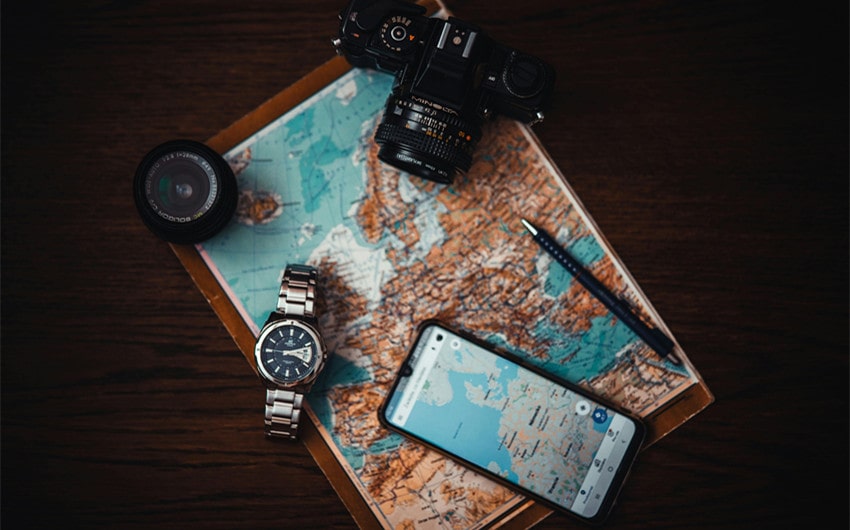
Gone are the days of unfolding paper maps or asking strangers for directions. With a smartphone, navigating unfamiliar places becomes fast, accurate, and stress-free. Apps like Google Maps, Apple Maps, or Waze can guide you turn-by-turn whether you’re walking, driving, or using public transit. These tools not only help you find your way, but also update in real time with traffic patterns, road closures, or train delays.
Getting lost in a new city can be disorienting or even dangerous, but a phone allows you to instantly reorient yourself, locate your destination, or adjust your route. It’s especially helpful when language barriers make it difficult to read local signage or ask for help.
Additionally, real-time travel information is invaluable. You can check flight status updates, bus arrivals, or ride-share ETAs, allowing you to make quick decisions and avoid unnecessary waiting. Hungry or low on gas? Your phone can help you locate the nearest restaurant, gas station, restroom, or convenience store with just a few taps.
With a cell phone in hand, you’re not just finding your way—you’re doing it efficiently, safely, and confidently.
3. Communication and Staying Connected

No matter where you’re headed, being able to stay in touch is a huge advantage—especially in today’s fast-moving world. When traveling, your cell phone becomes a direct line to friends, family, coworkers, or emergency contacts, allowing you to keep them informed about your whereabouts, check in regularly, or update them if your plans change.
This is especially important for solo travelers or those venturing into unfamiliar environments. A simple “just landed” or “made it to the hotel” message can bring peace of mind to your loved ones. And if something goes wrong—like missing a connection or arriving late—you’re only a text or call away from arranging help.
Beyond emergency communication, a cell phone allows for real-time flexibility. Meeting up with others, adjusting schedules, or handling trip logistics becomes easier when you’re connected. You can even coordinate plans with locals, tour guides, or hosts without the hassle of finding a public phone or internet café.
Apps like WhatsApp, Messenger, or FaceTime make international communication affordable and accessible, especially in areas with Wi-Fi but no cell coverage. In short, traveling with a phone helps you stay grounded, informed, and connected—no matter how far from home you roam.
4. Access to Travel Apps and Services
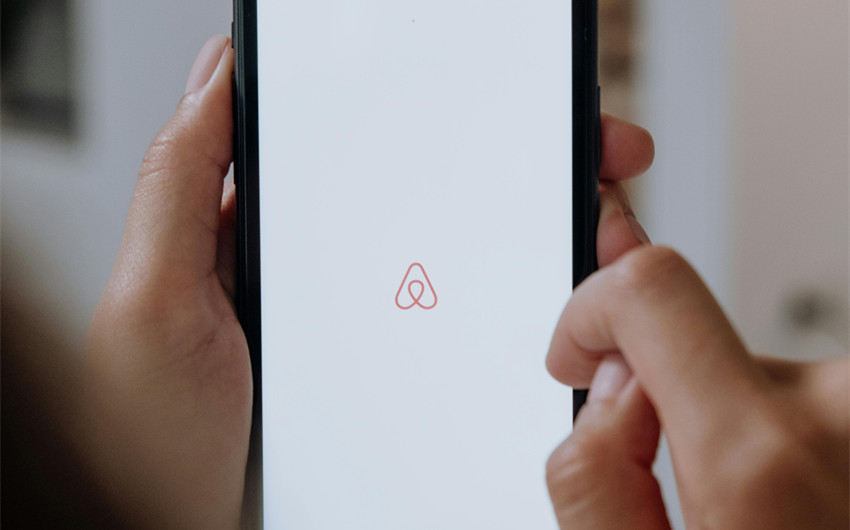
A smartphone is more than a communication device—it’s a travel toolkit in your pocket. With the right apps, you can manage nearly every aspect of your journey on the fly. Need to book a last-minute hotel, check into your flight, or call a ride? There’s an app for that—and it’s probably already on your phone.
Apps like Uber, Lyft, or local ride-share services allow you to request transportation without needing cash or knowing the local language. For lodging, platforms like Airbnb, Booking.com, and Expedia make it easy to browse availability, read reviews, and secure a room instantly. If you’re taking a flight or train, your phone can hold your digital boarding passes, track delays, and send gate change alerts—all without paper or lines.
Beyond bookings, phones also offer helpful tools for international travel, like currency converters, language translation apps (e.g., Google Translate), and digital maps that work offline. Even planning your itinerary becomes easier with apps that organize confirmations, tickets, and schedules into one accessible space.
Traveling without a phone means missing out on the speed, efficiency, and stress-reduction that these apps provide. With a smartphone, you’re not just reacting to situations—you’re navigating your trip with confidence and control.
5. Documentation and Records
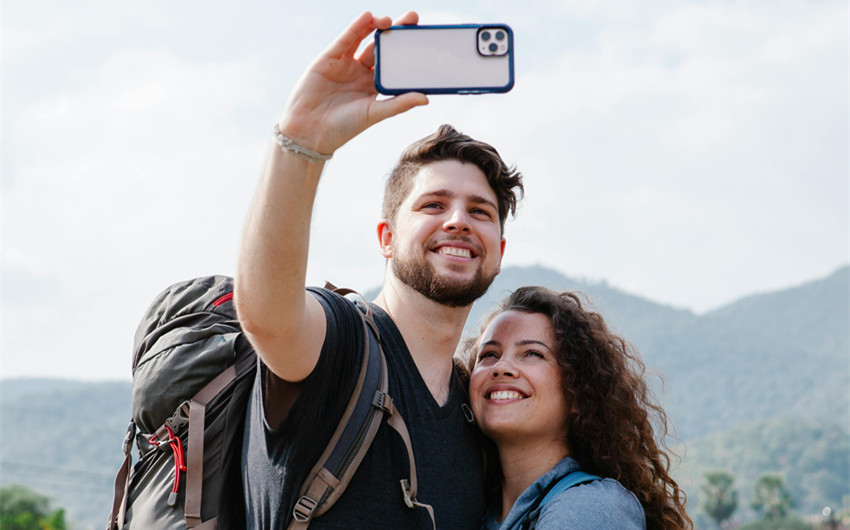
Your phone isn’t just a tool for communication or navigation—it also functions as a portable organizer and digital archive, making it incredibly valuable for keeping track of important travel documents and information. In many ways, it becomes your backup for the unexpected.
For starters, you can use your phone to store digital copies of vital documents such as your passport, driver’s license, travel insurance, hotel reservations, boarding passes, and emergency contacts. Having quick access to these files can save time and reduce stress if your physical copies are lost, damaged, or stolen. Cloud storage services like Google Drive, Dropbox, or even your phone’s native apps make it easy to keep everything organized and accessible offline.
Your phone is also handy for recording and managing trip-related information. You can snap photos of luggage tags, receipts, license plates (for rental cars), room numbers, or important street signs. These small but practical habits can save you a lot of hassle if details slip your mind or you need evidence for insurance or reimbursement purposes.
Additionally, for budgeting purposes, many travelers use apps or notes to track daily expenses and document costs on the go. You can even log mileage, jot down travel notes, or organize photos by location and date.
In essence, traveling with your phone allows you to carry your travel brain in your pocket—making sure nothing important gets lost in the shuffle, even in the most hectic moments.
